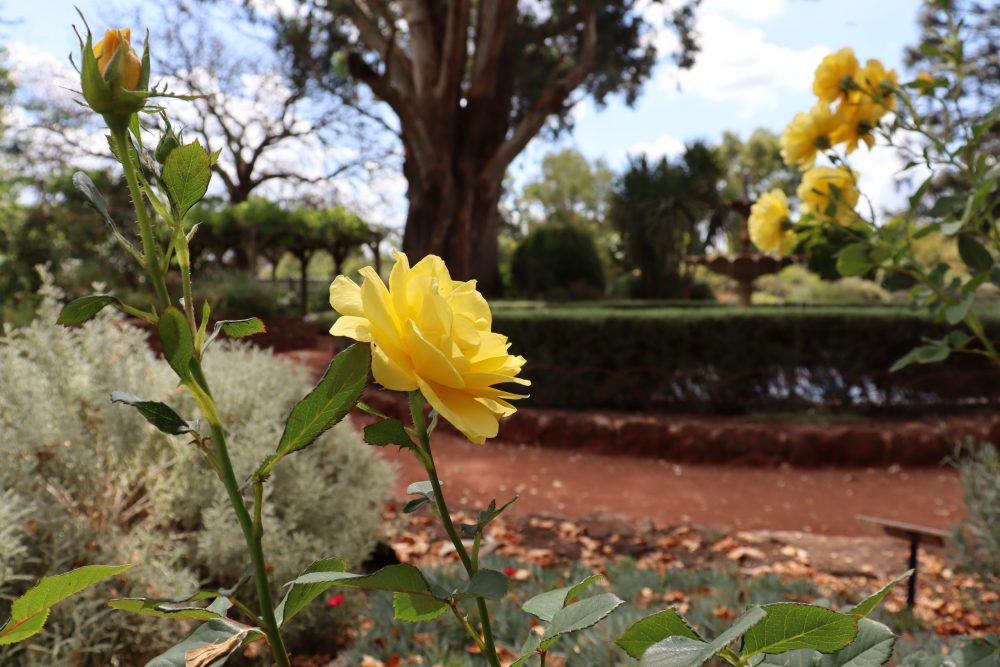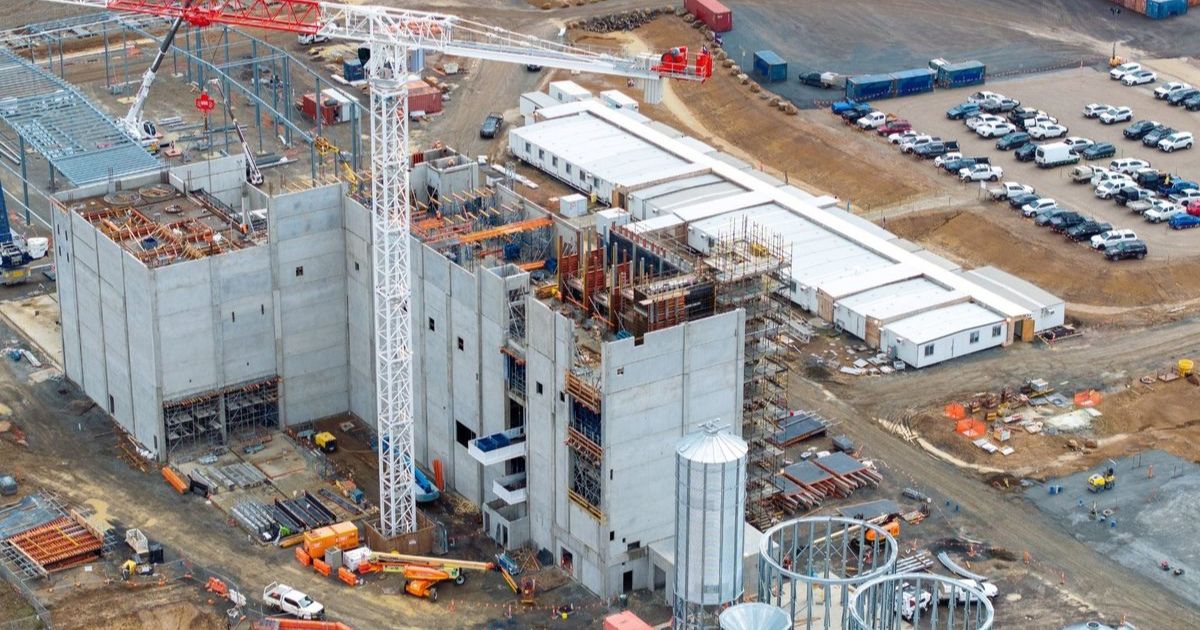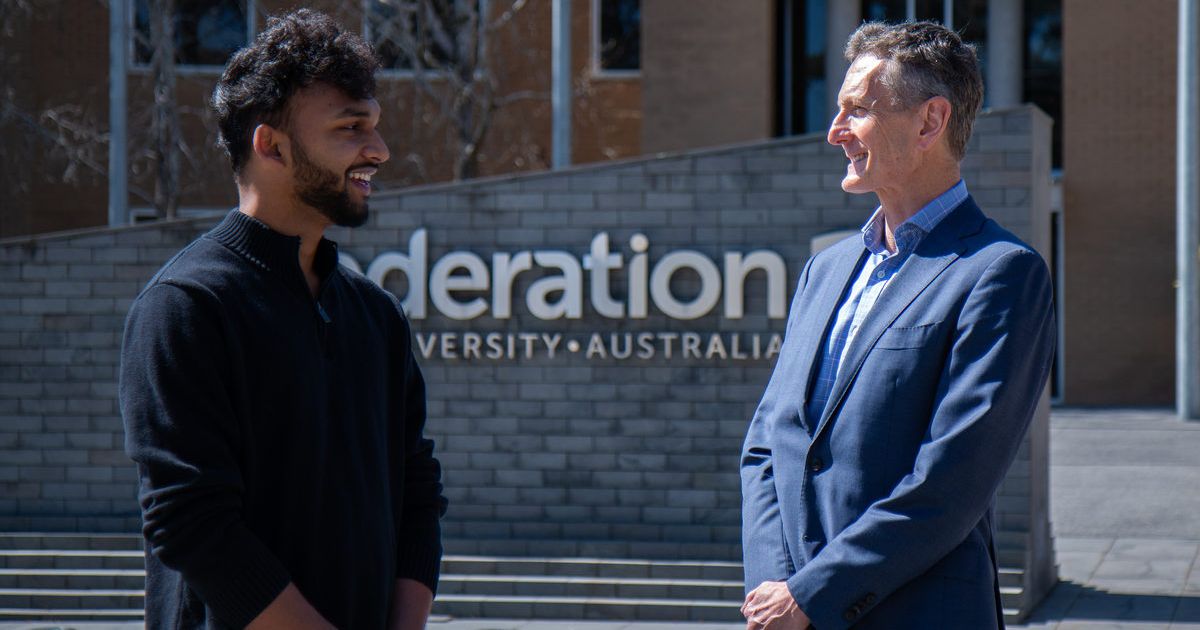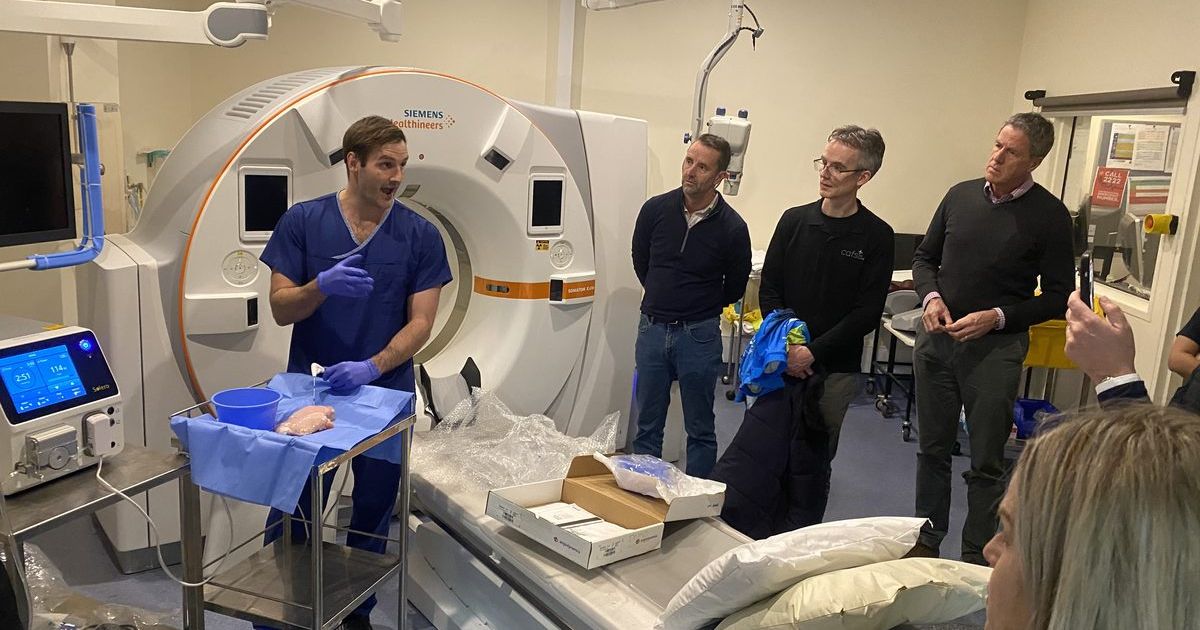Calls for “fair and inclusive” consultation on WRL – City of Ballarat council meeting briefs

Looking to the future: City of Ballarat councillors have adopted a 20-year master plan for the Ballarat Botanic Gardens. Photo: FILE
CITY of Ballarat councillors voted overwhelmingly at their meeting last week to endorse a submission on the proposed Western Renewables Link Environmental Effects Statement.
Every councillor except Jim Rinaldi voted in favour of lodging the submission with Minister for Planning Sonya Kilkenny.
They adopted an officers’ recommendation to “advocate for a fair and inclusive community consultation process for all transmission line projects, which includes genuine consultation and partnership with landowners, and consideration of alternative routes and undergrounding to minimise the impacts on private property and agricultural land.”
Cr Samantha McIntosh moved the adoption, telling the meeting that some in the community did not feel that genuine consultation had taken place.
“…What it appears is that genuine consultation and partnership with landowners has not necessarily taken place in the way that those people living on the land would expect,” she said.
“There’s lots of different ways that this could be done; we need to listen to our community and make sure we’re responding to what they are asking for.”
Deputy mayor Ben Taylor, who seconded the submission’s adoption, described the issue of the link as “a tough one.”
“Because all we’re doing tonight is putting council’s position in relation to the EES,” he said.
“This is not about whether it goes ahead or not, this is around what’s been outlined in the EES.”
Cr Damon Saunders agreed, saying that the submission was essential if the City wanted to have a say in what the State Government was planning to do.
“The WRL is going to pass through 24 properties in the municipality; 22 of these properties are associated with mixed farming and grazing,” he said, adding that the transmission line would pass through about 20 kilometres of the municipality.
Cr Saunders said under current plans, 44 transmission towers would be erected within City boundaries.
Also speaking in support, Cr Ted Lapkin described the WRL project as “very problematic.”
“I think when you add it to the emergency services levy…it’s reflective of a state government that is Melbourne-centric and just sees farming interests and agricultural interests as something that if those interests stand against the desire or the platform of the government they will just bulldoze them – in this case literally,” Cr Lapkin said.
He said the council should do what it could to “try and move the needle as much as we can to benefit our residents.”
But speaking against, Cr Rinaldi said the ability to make a submission was “a token gesture to us.”
He said he had left a recent briefing on the project with no new information, with questions left unanswered.
“They’re saying if we want to put this through we’re going to put it through anyway,” Cr Lapkin said.
Communications policy to be reviewed
Cr Lapkin successfully moved a notice of motion to have a specific section of the City’s Councillor Communication and Information Policy reviewed.
His motion, which was carried unanimously, sought a report considering amendments to section 3.4 of the policy with a view to enhancing the ability of councillors to “engage in free, open and spontaneous political discourse.”
Cr Lapkin’s move followed recent reports that some councillors felt restricted in their ability to speak publicly.
“It reflects the fact that many of us feel the current policy is unduly restrictive,” he said.
Mayor Cr Tracey Hargreaves, who seconded the motion herself, said the Victorian code of conduct for councillors contained a requirement for all councillors to refrain from making public comment – including to the media – that could be construed as being an official comment on behalf of a council where that comment has not already been authorised by the mayor.
“That is not set by us,” Cr Hargreaves said. “I would liken it to the code being the rules of the road and our policy being how you drive your individual car.
“We can definitely communicate our views with our constituents and with everyone, we just have to do it in a way that stays away from code of conduct territory.”
Cr Rinaldi said of the policy: “It’s clunky, it’s complex, and it’s open to interpretation as I understand it.”
Crs Des Hudson, Jay Morrison, Tess Morgan, and McIntosh and Saunders all spoke in favour of a review.
Modern slavery push fails
A second notice of motion from Cr Lapkin seeking the establishment of a policy on modern slavery failed to gain support.
His motion said the policy should establish procurement procedures designed to “avoid the direct or indirect subsidisation of modern slavery.”
It claimed that more than 40 million people around the world are subjected to modern slavery, and that the Australian Federal Police had in the 2023-24 financial year noted a 12.35 per cent increase in offences for human trafficking and slavery compared to the previous year.
“It is morally incumbent upon the City of Ballarat to adopt measures that avoid the inadvertent subsidisation of modern slavery through its procurement programs,” Cr Lapkin’s explanatory notes said.
But the push failed to gain sufficient support, with only Cr Saunders voting with Cr Lapkin.
Other councillors variously described it as unnecessary and redundant.
Most speakers condemned slavery but suggested such a policy would be impractical and outside the City’s responsibilities.
New Community Engagement Policy ratified
Councillors voted to adopt an updated Community Engagement Policy to replace an original one developed in 2021.
An officers’ recommendation to approve the updated version was carried without debate.
Shaped by councillor workshops and public feedback from a June to July exhibition period, the revised document aims to enhance transparency, inclusivity and community influence in decision-making.
Key updates include clearer language around transparency, stakeholder inclusion, and cultural sensitivity.
The policy also introduces structured planning, evaluation, and feedback mechanisms to improve engagement quality and accountability.
Gardens master plan gets go-ahead
A 20-year vision for the Ballarat Botanic Gardens has officially been adopted, with councillors unanimously endorsing the Ballarat Botanic Gardens Master Plan 2025-2045.
Developed through extensive community and stakeholder consultation, the plan aims to unify the central, north and south gardens with the Lake Wendouree foreshore into a “cohesive, accessible botanical precinct.”
Key projects listed in the plan include a children’s garden precinct, a new southern glasshouse with a cafe, and upgrades to the fernery and Prime Ministers Avenue.
Infrastructure upgrades will focus on drainage, irrigation and pathway connectivity, and new event spaces and traffic calming measures will aim to enhance the visitor experience.
The plan replaces the 1999 master plan and will be funded over the two decades, with opportunities for investment by other tiers of government.


















